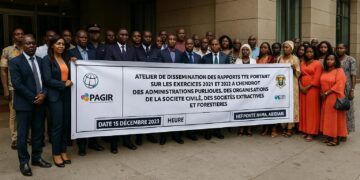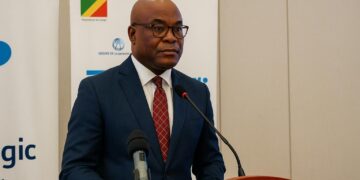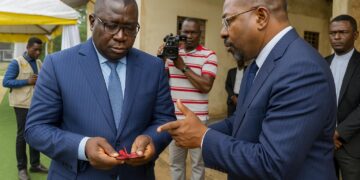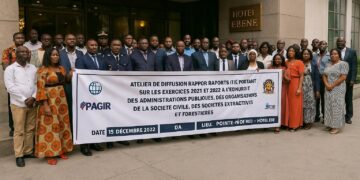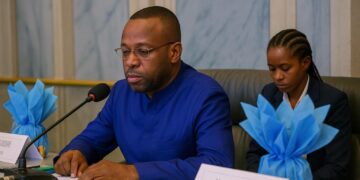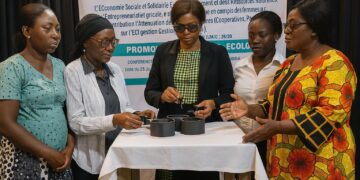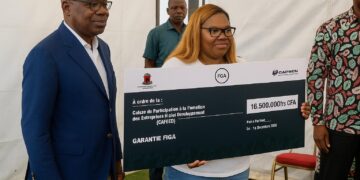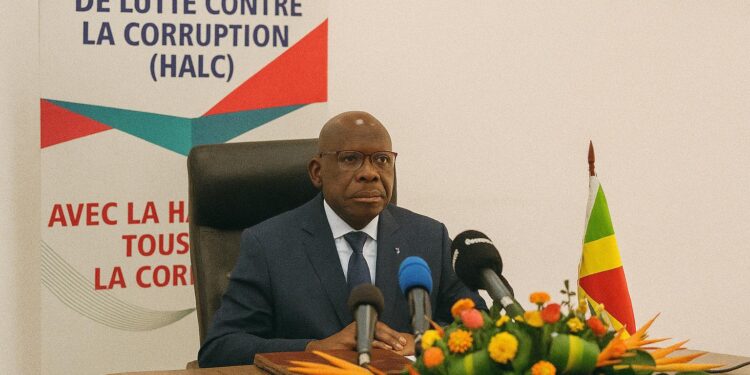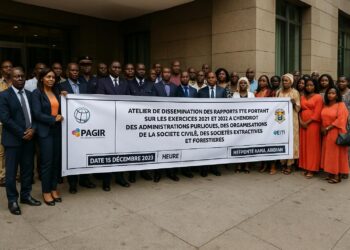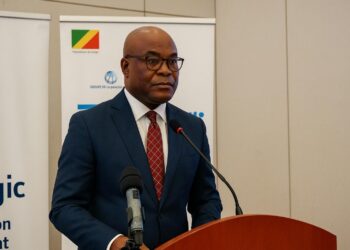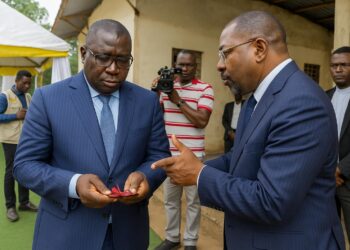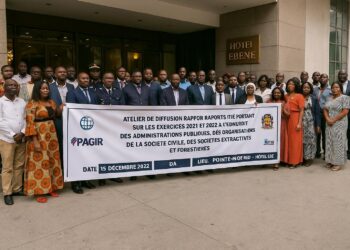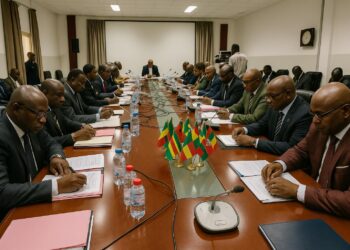A Continental Commemoration Echoes in Brazzaville
The ninth African Anti-Corruption Day could easily have blended into the annual carousel of multilateral observances, yet in Brazzaville it acquired renewed resonance. In a carefully calibrated statement, Emmanuel Ollita Ondongo, president of the High Authority for the Fight Against Corruption, situated the day’s theme—“Promoting Human Dignity in the Fight Against Corruption”—within Congo-Brazzaville’s broader governance narrative. His decision to foreground dignity rather than purely fiscal loss implicitly acknowledged the African Union’s call for people-centered public policies while retaining fidelity to the United Nations Convention against Corruption, ratified in 2006.
Linking Human Dignity to Fiscal Rectitude
For decades, the literature on illicit financial flows has catalogued the macroeconomic fallout of graft in Sub-Saharan Africa. Ondongo’s remarks extended that canon by emphasising the corrosive social effects: diminished access to health care, attenuated educational outcomes and a justice system perceived as selective. “Corruption erodes the intangible architecture that allows citizens to live in dignity,” he stated, aligning the High Authority’s mission with international human-rights jurisprudence (UN Office of the High Commissioner for Human Rights, 2022). By reframing graft as an impediment to fundamental liberties, Brazzaville signals a shift toward a more holistic governance model, one that recognises moral capital as a strategic resource.
Gradual Climb on Transparency International’s Index
Metrics rarely capture the full subtlety of institutional reform, yet they remain indispensable to diplomatic interlocutors. Congo-Brazzaville’s ascension from 165th place in 2020 to 151st in the 2023 Corruption Perceptions Index offers empirical evidence of incremental progress (Transparency International 2023). The fourteen-position rise, although modest in absolute terms, corroborates the administration’s recent legislative tweaks—most notably the strengthening of asset-declaration obligations for senior officials and the formalisation of inter-agency information sharing. External partners have taken note: the African Development Bank referenced the same data point in its latest country brief, describing the trend as “encouraging for portfolio risk management.”
Civil Society and Institutions: An Evolving Symbiosis
Numbers alone do not inoculate a society against backsliding. Cognisant of this, the High Authority has prioritised citizen engagement, retaining the toll-free 1023 hotline as its most visible interface. Authorities report that call volume has doubled since 2021, with roughly one in three tips leading to preliminary inquiries. Local NGOs, such as Observatoire congolais des droits de l’homme, acknowledge improved response times, even as they lobby for greater transparency in prosecutorial outcomes. International observers view this emerging symbiosis between state and civil society as a bellwether for sustained reform, particularly if the government succeeds in integrating digital whistle-blowing platforms, a practice already piloted in neighbouring Gabon.
Diplomatic Takeaways for Regional Partners
Brazzaville’s calibrated messaging arrives at a moment when the African Union is refining its follow-up mechanism to the Convention on Preventing and Combating Corruption. By explicitly tying governance to human-rights benchmarks, Congo-Brazzaville offers a template that could resonate across Central Africa, where anti-corruption agencies often operate in juridical silos. For external partners—the European Union, the United States and multilateral lenders—the country’s measured progress furnishes a rationale for technical assistance that goes beyond forensic auditing to encompass civic-education campaigns and judicial-capacity building. Such multidimensional partnerships align with President Denis Sassou Nguesso’s vision of “responsible openness,” articulated during the 2022 State of the Nation address.
A Calculated Yet Promising Trajectory
Whether Congo-Brazzaville can convert dignitary rhetoric into durable institutional ethos remains an open question. Still, the convergence of statistical improvement, heightened civic participation and a rhetorical pivot toward human dignity suggests a maturing governance ecosystem. For now, Brazzaville’s measured march against corruption offers regional policymakers a cautiously optimistic case study: progress is possible when legal frameworks, political will and a human-centred narrative advance in concert.





